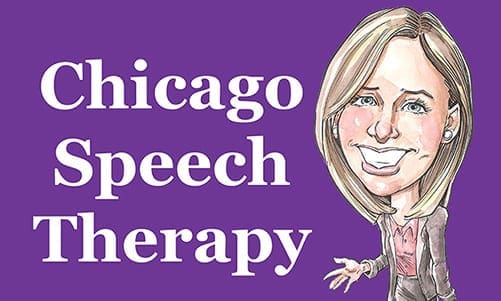Stuttering is a speech disorder in which sounds, syllables, or words are repeated or prolonged, disrupting the normal flow of speech. It is one of the most common speech disorders among children, and can have a big impact on a person’s life if left untreated. Occasionally, stuttering is accompanied by other nervous physical manifestations, such as rapid eye blinks or tremors of the lips.
Types of Stuttering
If broken down further, there are two common types of stuttering people can have:
- The most common is developmental stuttering: This occurs in children when they are learning their language skills. Children with this common form of stuttering have speech abilities that don’t match up to their verbal demands. Stuttering also has genetic ties, so you are more likely to have an issue if the disorder runs in your family.
- Neurogenic stuttering is often caused by strokes, head trauma, or brain injury. Any disruption of the brain’s ability to send neurological signals to the speech area of the brain produces this broken speech pattern.
Treatments for Stuttering
Depending on the type and age of diagnosis, there are multiple forms of treatment available for a stutterer. The most successful form of treatment is speech therapy from a speech-language pathologist. This helps to retrain the way speech is formed, and not rely on the old ways of speech.
There has been experimentation with drug therapy, but there has yet to be an FDA approved drug to specifically treat stuttering. Most drugs used prevent anxiety, and slow the speech down of the speaker. These are not long term solutions for those with this disorder.
Testing and research can been conducted with electronic hearing devices. These devices fit inside the ear to playback an altered sound of the speaker’s voice. They will feel as though they are talking in unison with another person and promote fluent speech. The short-term effects are noticeable, but the long-term impact has yet to be determined.
Used in tandem with therapy, many people attend support groups. For such a common speech disorder, it is nice to share successes and struggles with others who are battling the same issue. This is a way to banish censorship and pressure that can be found in everyday situations.
The repetitive theme amongst therapy for stuttering is to create an environment where the person can re-learn the correct way to speak. Additional stress can worsen and halt the ability for the person to overcome this language barrier.
Not all children will be treated the same way, even if they do have the same type of stuttering. Therapy is individualized to the child by her or his speech pathologist. It is best to allow an assessment to determine the best possible treatment for this disorder.


